Total Intake 120
With the exponential growth in data, Artificial Intelligence and Data Science (AI & DS) has emerged as one of the most, dynamic, and productive careers in technology. It deals with scientific methodologies, processes, and techniques drawn from different domains like statistics, cognitive science, computing and information science to extract knowledge from structured and unstructured data. The Artificial Intelligence and Data Science program is designed to prepare students to gain practical knowledge of data analytics methods and apply it in interdisciplinary domain. It is designed to inculcate computational thinking to solve practical problems. The program covers variety of topics related to Statistics, Data Mining, Machine Learning, and Artificial Intelligence to equip the students with knowledge of data analysis techniques and data-centric computation to address problems that require large data.
The offered program intends to develop
On successful completion, AI & DS graduate students can choose specialization to pursue higher studies in domains like Expert Systems, Natural Language Processing, Neural Networks, Robotics, Fuzzy Logic Systems, etc. Many universities at Global, National and Local level offer specialized courses in M.S., M.Tech, M.E., MBA, and PG Diploma for AI & DS undergraduates.
Availability of enormous data and need to solve existing problems, in domains such as, Healthcare, Agriculture, Smart city, Smart Vehicles to name a few, there are ample opportunities for entrepreneurship. We, at SIESGST provide support to promote entrepreneurship by conducting awareness sessions and mentoring students.
Students with Research aptitude can also pursue it in interdisciplinary domain. Graduate students having an adequate amount of research experience along with an exceptionally great academic background can pursue a PhD.
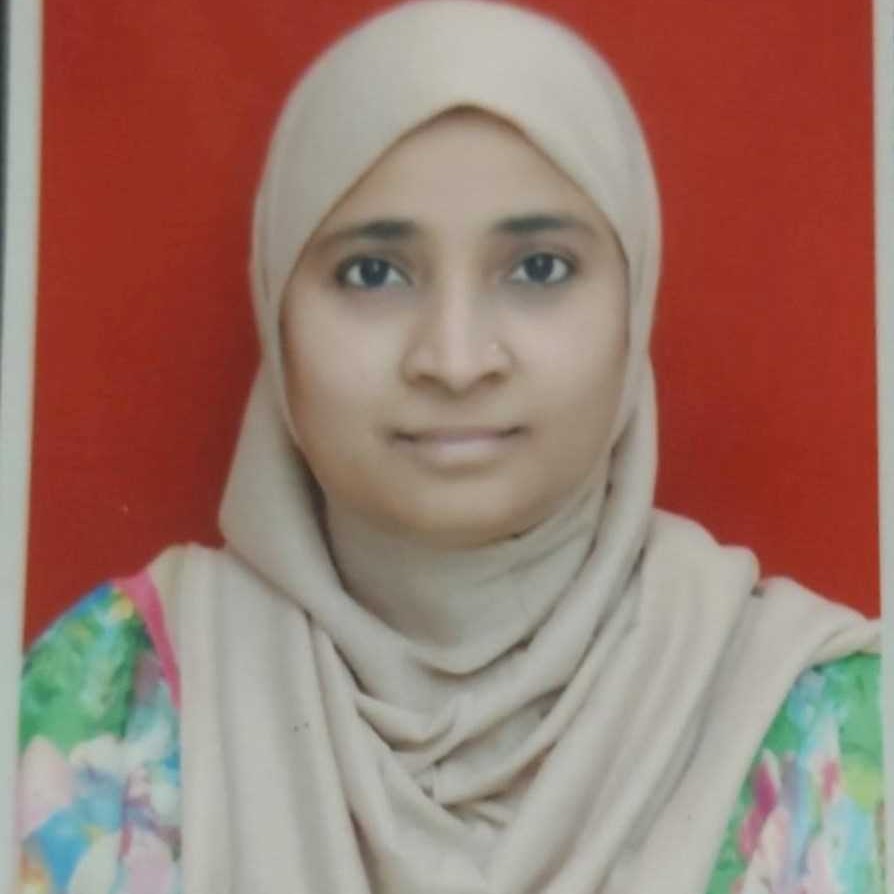
Message from the Head of the Department
The field of Artificial Intelligence and Data Science (AI&DS) has witnessed remarkable growth over
the past decade, emerging as a distinct branch. This rapid evolution has triggered a paradigm shift
across industry, academia, and research. By enabling machines to learn and make decisions, AI&DS is
transforming the world at an unprecedented pace.
This course is designed to equip students with the essential skills to analyze, interpret, and visualize
data in diverse formats. It integrates knowledge from statistics, computing, artificial intelligence,
and data science, while emphasizing the use of modern tools and technologies to enhance efficiency and
amplify human capabilities.
Breakthroughs in AI&DS have had a profound impact across a wide range of sectors, including FinTech,
AgriTech, Healthcare, Education, Manufacturing, and Retail.
The Department of Artificial Intelligence and Data Science at CBIT embarked on its journey in 2021 with
an initial intake of 60 students, which has since increased to 120 students in the year 2024.
At SIESGST, the Department of Artificial Intelligence & Data Science is dedicated to providing
innovative and high-quality technical education at the undergraduate level. The faculty and staff of the
department are committed to equipping our students with the expertise and proficiency in Artificial
Intelligence, Machine Learning, Data Science, and related fields that are essential to thriving in
modern society.
To provide quality Education in the field of Artificial Intelligence and Data Science to provide sustainable solution for the society
| Name | Employee/Unique ID | Date of Joining | Designation | Qualification | Status of Appointment |
| Ms. Rohini Gaikwad | 40521 | 15.02.2022 | Assistant Professor | B.E, M.E (CE) | Full Time |
| Ms.Deepali Ganesh Jagtap | 40585 | 16.01.2024 | Assistant Professor | B.E (Electronics), M.E (Digital Systems) | Full Time |
| Ms.Megha Jain | 40592 | 18.06.2024 | Assistant Professor | B.E (IT), M.E (CSE) | Full Time |
| Ms.Shiney Varghese | 40631 | 20.01.2025 | Assistant Professor | B.E (EEE), M.E (Power Electronics and Drive) | Full Time |
| Dr.Neethu Anna Sabu | 40633 | 31.01.2025 | Assistant Professor | B.Tech (ECE), M.Tech (VLSI & Embedded Sys), Ph.D (Low Power VLSI Design) | Full Time |
| Dr.Vidya Keshwani | 40634 | 05.02.2025 | Assistant Professor | B.E, M.E (EXTC), Ph.D (Electronics) | Full Time |
| Ms.Darshana Wajekar | 40639 | 02.06.2025 | Assistant Professor | B.E (IT), M.E (CE) | Full Time |
| Ms.Krishna Kartika | 40640 | 05.06.2025 | Assistant Professor | B.Tech (IT), M.Tech (CSE) | Full Time |
| Mr.Akshay Jadhav | 01.07.2025 | Assistant Professor | B.E, M.E (Electronics), Ph.D* | Full Time |
| Name | Designation |
| Ms.Shital Bagal | Lab Assistant |
| Mr.Amol Patil | Lab Attendant |
 Data Science Lab
Data Science Lab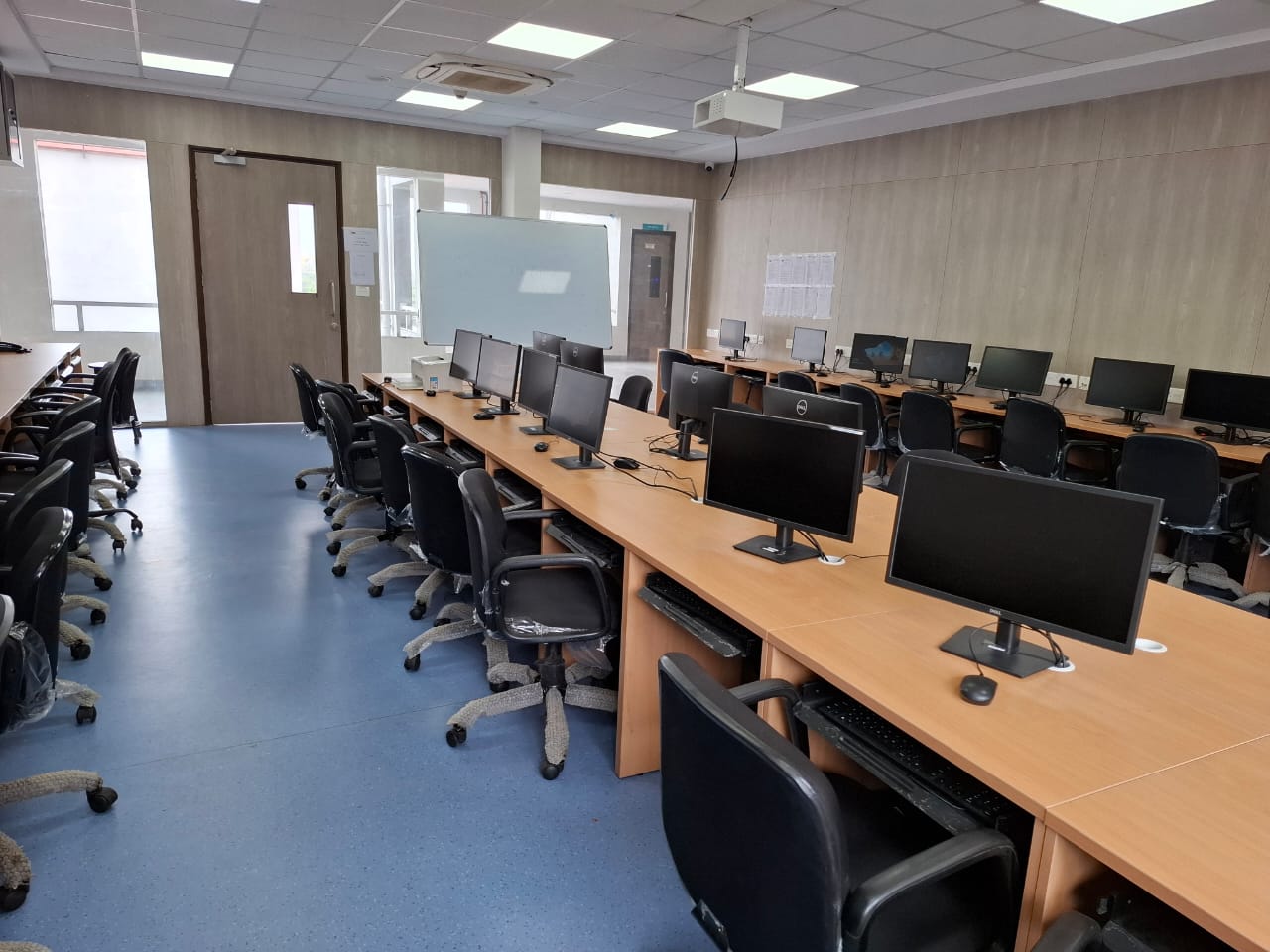 Security Lab
Security Lab Programming Lab
Programming Lab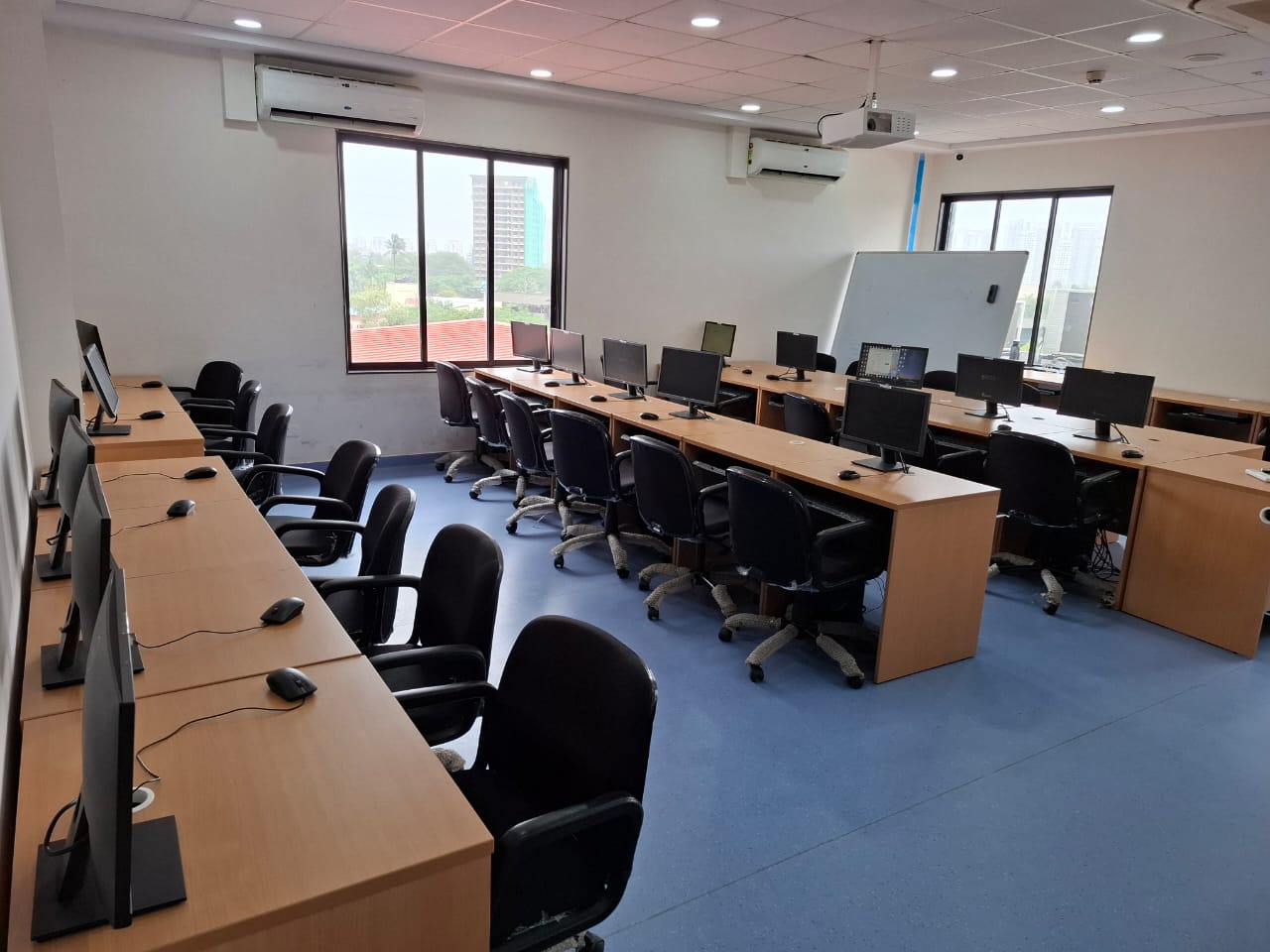 Project Lab
Project Lab
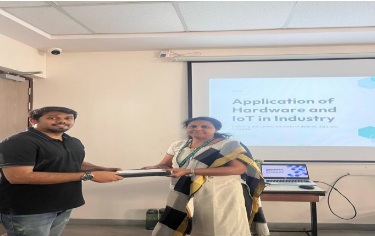
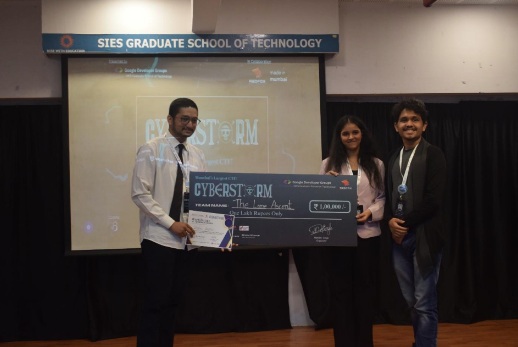
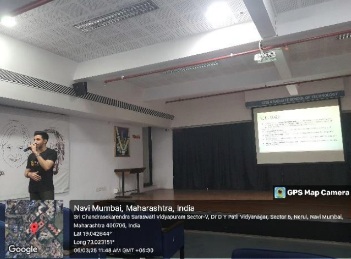
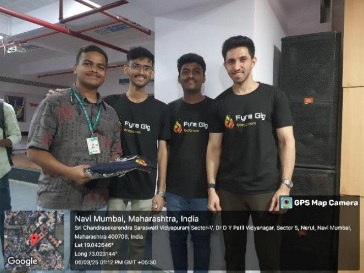
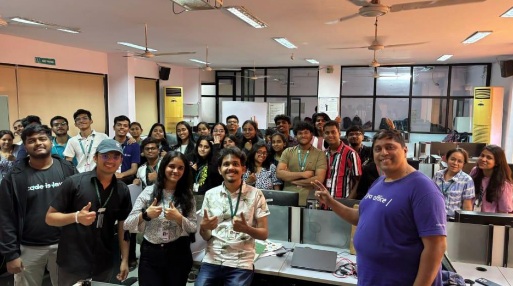
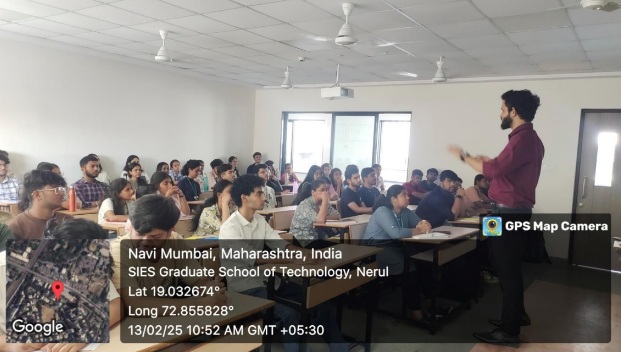
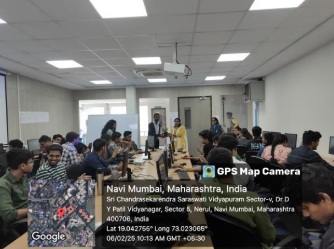
 Ask your queries
Ask your queries
 GST Chatbot
GST Chatbot